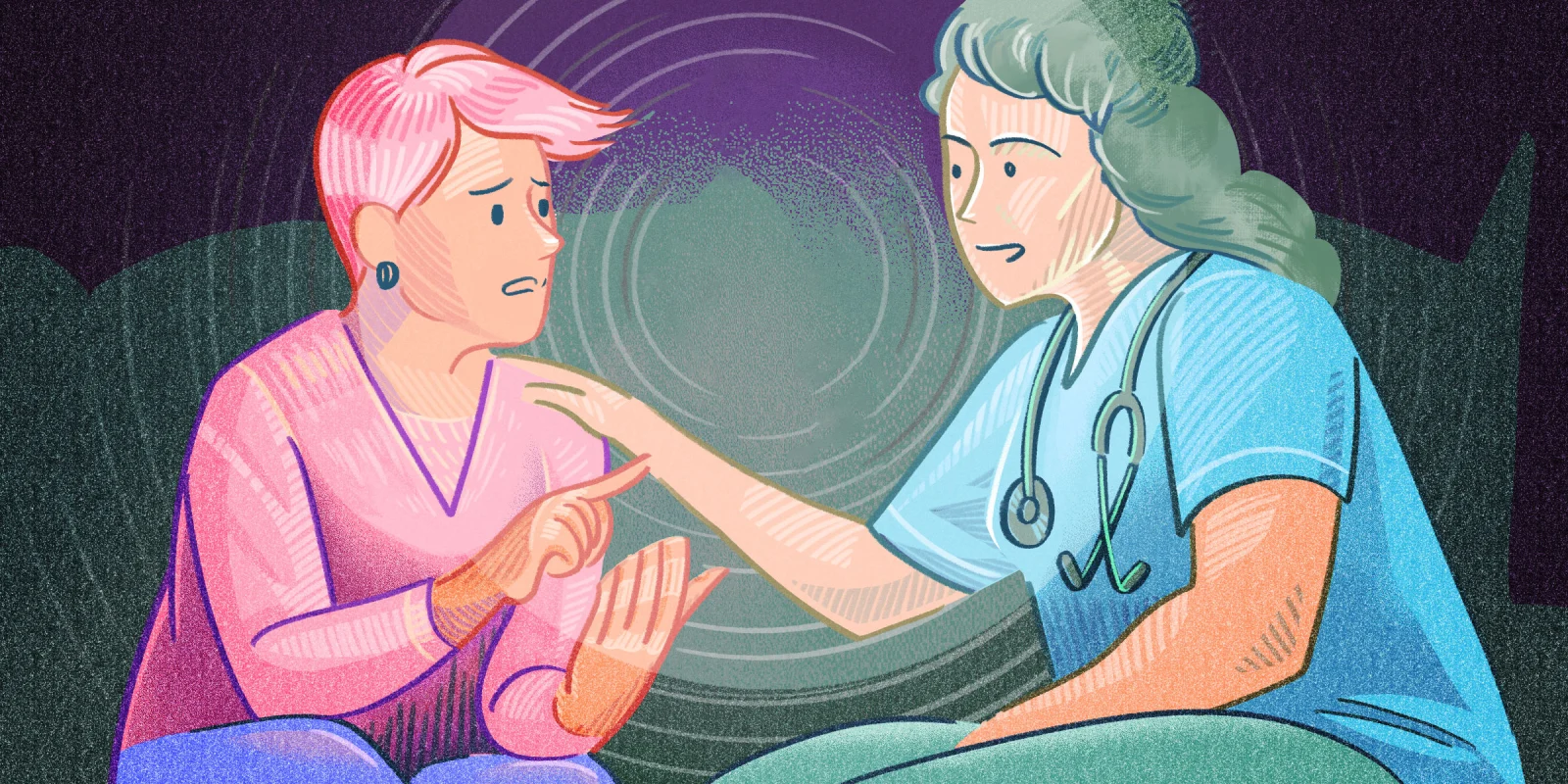As a fourth-year medical student a few months away from a lifelong goal of becoming a physician, I find myself excited to finally serve my own patients but also continually disheartened when talking to patients, family, and community members about their experiences with the medical field. As a chronic illness patient, I have been on both sides of frustration as a person seeking care and a person providing care. Neither party feels the other understands their experience. I have a sense of dissonance as I head into a career that has been impacted by negative stigma in the media and in my community even more in recent years.
When I share that I am going into medicine, I often get the response, “I don’t like doctors.” Initially, I would become defensive knowing I have eight-plus years of school and time dedicated to learning medicine. It is discouraging to have your profession dismissed knowing you so eagerly entered it to help people. Most of us pursuing medicine gave up relationships, vacations, time with friends, and other life experiences to pursue a career serving patients. It can feel personal when someone says they automatically dislike or distrust you based on your degree. It requires great patience and humility to take a moment to listen to someone expressing these thoughts and try to encourage them to give their physician a chance to help them.
Often, the negative sentiment patients feel toward doctors would be better described as disdain for the medical system, which is often a shared position between physicians and patients. There are many systemwide failures that lead to poor patient experiences, but they also contribute to physician burnout. Patients are not the only ones frustrated by visit time constraints, but they often blame us for them. It is easy to understand why patients feel they are not heard when we are trained to address one problem per visit and get the patient out quickly. I am aware of the faults of the system, but how can I avoid displacing blame when patients express these frustrations to me? Though we chose this career to help educate others about health and wellness, it gets exhausting having to convince patients that we care about them and are following evidence to treat and prevent their diseases.
In my short two years in clinical settings, I have had numerous patients feel that physicians do not care about them. As someone who has cried over the passing of a patient and celebrated their successes as if they were my own, it is hard to be told we do not care. I hope to be more intentional about the time I spend with patients heading into residency. I will take the time to explore a patient’s weariness of going to the doctor and attempt to make it better. We all must be kind to ourselves as we balance the uncomfortable feelings of being disliked by strangers while remaining patient enough to help change the narrative. These feelings can be normal as we develop our practice style and step into the title of doctor. We must remind patients, peers, and, most importantly, ourselves that we are all human and can work through these feelings through compassionate communication and keeping an open mind.
As the class of 2024 becomes physicians in a time when medicine and science are being scrutinized in the media, we must learn how to handle this negative attention and practice new skills to bring patients into the office and build trust. Every residency program should provide education on staying resilient when facing lack of gratitude for the work we spent a long time training for. We must develop skills to have difficult conversations around evidence-based medicine and debunking internet myths about medicinal topics. I am entering residency with a hope I can provide trustworthy care to patients but must also understand some will not accept it. Our patients’ decisions do not always mean we have failed. We can reflect how we can improve but must move forward knowing it is not a reflection of our abilities. As I finally take on the role of being a physician, I must prepare myself for the social responsibilities that come with it — creating a welcoming space that decreases mistrust and fosters healing.
How do you build trust with your patients? Share in the comments.
Alyssa Lambrecht is a fourth-year student at Ohio University Heritage College of Osteopathic Medicine planning to match into internal medicine.
Illustration by April Brust







